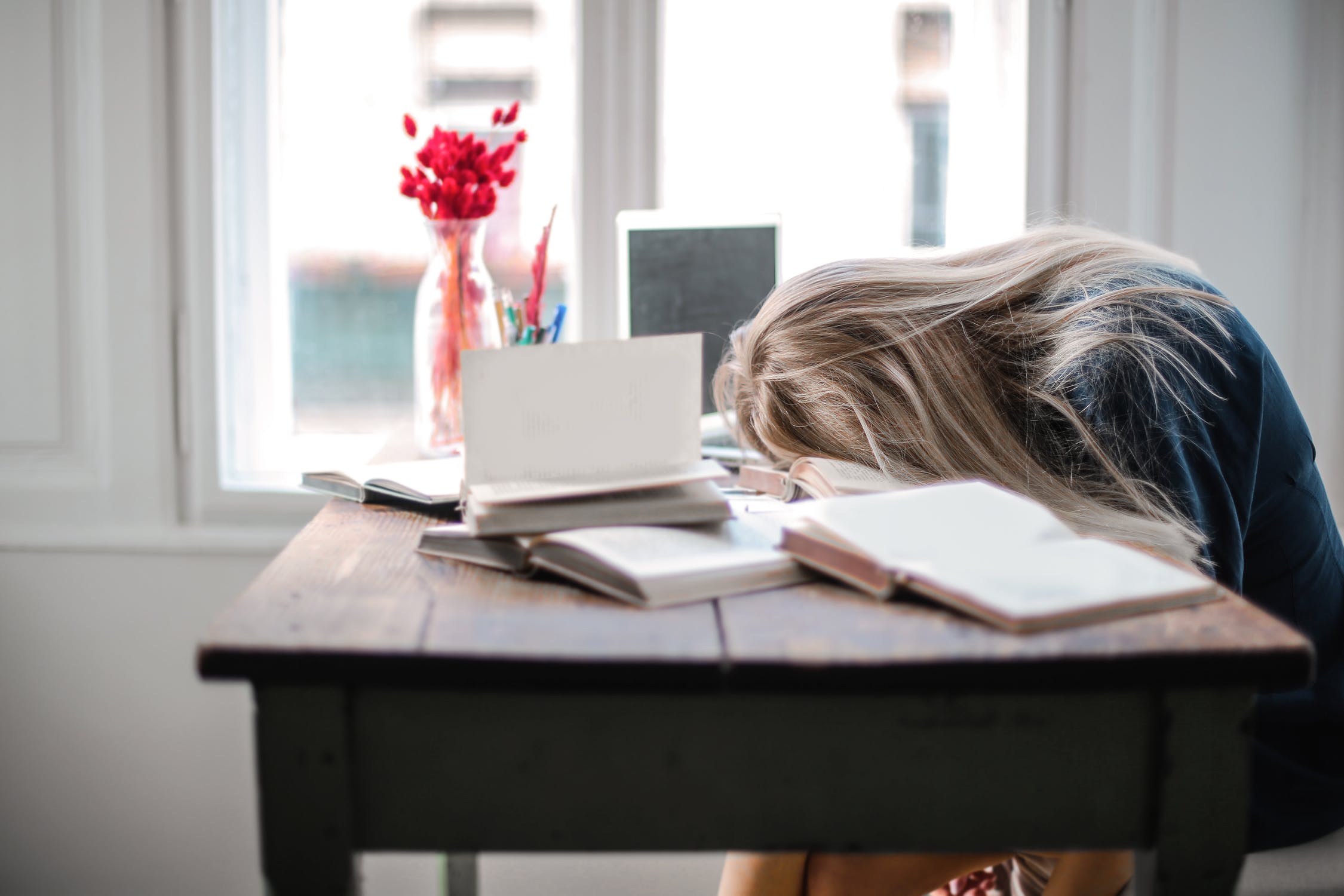No one is a stranger to a sleepless night or two. You trudge through your day, gulping down coffee after coffee, and eagerly await the moment when you can curl up under your blankets and go to sleep. Even a night of missed sleep can feel like torture, so it stands to reason that a prolonged lack of sleep can have a devastating impact on your mental and emotional well-being.
Weakened immunity, weight gain, disorientation, mood changes, aging skin, and impaired judgment are all identifiable lack of sleep symptoms.
Getting insufficient sleep can be detrimental to the body because we need sleep as much as we need air, food, and water to survive. Even though sleep is such an essential part of our lives, many of us are bad at getting a good night’s sleep. In fact, sleep deprivation is so prevalent that the U.S. Centers for Disease Control and Prevention has referred to it as a public health epidemic.
To understand why a good night’s sleep is essential for your well-being, let’s take a look at some of the surprising lack of sleep effects.
How Does Lack of Sleep Affect the Body?
1. Impairs Judgment
Research has shown that lack of sleep impairs our ability to make sound judgments and decisions.
Moreover, when you’re sleep-deprived, you won’t be able to judge your own level of cognitive functioning. This means that even if you don’t get the recommended 8 hours of sleep, you might still feel like you’re doing fine because your body has adapted to the lack of sleep.
2. Hallucinations
Throughout history, many people have attempted to set the world record for staying awake the longest. Notable mentions include popular New York DJ Peter Tripp, who went without sleep for 200 hours, and high school teenager Randy Gardner, who topped the record by staying awake for 264 hours.
After a few days of depriving themselves of sleep, both Tripp and Gardner began experiencing hallucinations. At one point, Tripp was convinced that his shoes were filled with spiders. On the other hand, Gardner saw a path leading to a forest even though he was indoors at the time.
Hallucinations don’t just occur after a few nights of sleep deprivation. Not getting sufficient sleep for several weeks can also trigger them. While experts aren’t entirely sure why hallucinations occur, one possible explanation is that the parts of the brain responsible for visual functioning may experience a disruption.
3. Increased Moodiness
When you’re sleep-deprived, you may find yourself getting angry, irritated, or anxious quicker than you usually would. Not only that, but over time, lack of sleep can contribute to symptoms of mood disorders, such as anxiety or depression. Insomnia, in particular, is strongly linked to depression. This is because persistent lack of sleep triggers depression while feeling depressed can make it tougher to fall asleep.
How to Get Better Sleep
You don’t have to tolerate sleepless nights forever. Here are some practical tips to help you overcome sleep deprivation and lock in a good night’s rest.
Stick to a Consistent Schedule
Getting into the habit of sleeping for the recommended 8 hours might be challenging at first, especially if you’re used to sleeping less than that. But to regulate your sleep-wake cycle, it’s important to establish a schedule and stick to it.
Try going to bed and waking up at the same time every day. Even on weekends, resist the urge to sleep in for longer than an hour. The first few weeks might be difficult, but over time, you’ll find yourself following the schedule without even realizing it.
Prep Your Bed for Comfort
More often than not, you don’t have to look farther than your bed to discover the culprit behind your sleepless nights.
Whether you keep waking up with aches and pains or just can’t get comfortable during the night, it’s essential to invest in the most comfortable mattress to start sleeping better. A high-quality memory foam mattress is a good choice because it contours to the shape of your body and is designed to alleviate aches. Since the right temperature is vital for getting a good night’s sleep, opt for a cooling mattress to ensure you don’t overheat during the night.
Along with the mattress, your bed frame is an important consideration. If you share your bed with your partner, consider investing in an adjustable bed frame so you can customize your bed based on your preferences. An adjustable base comes with multiple comfort levels so you can raise your head, feet, or both.
Another solution for sleepless nights is investing in a weighted blanket. The calming pressure of a weighted blanket can help you doze off quicker by stimulating the feeling of a hug or a massage. The pressure also increases serotonin and reduces levels of cortisol, the body’s stress hormone. Investing in a cool weighted blanket can help you reap all the benefits without feeling too hot.
Unwind Before Bed
Going to bed stressed can interfere with your ability to get a good night’s sleep. To ensure you don’t have trouble falling asleep, set aside some time for yourself every night so you can properly unwind and let go of the day’s stresses.
Every person’s wind-down routine might look different on a day-to-day basis, but no matter what, it’s important to do something that calms you. Write down your worries if you suffer from sleep anxiety, meditate, listen to soothing sleep music, take a bubble bath, or just read a book that distracts you.
Lack of sleep can be disruptive to your routine and affect the quality of your life. But it doesn’t need to. Make adjustments to your sleep schedule and adopt healthy sleep hygiene habits to get a better night’s rest. However, if you’re sleep deprivation persists, consider consulting a sleep specialist.

